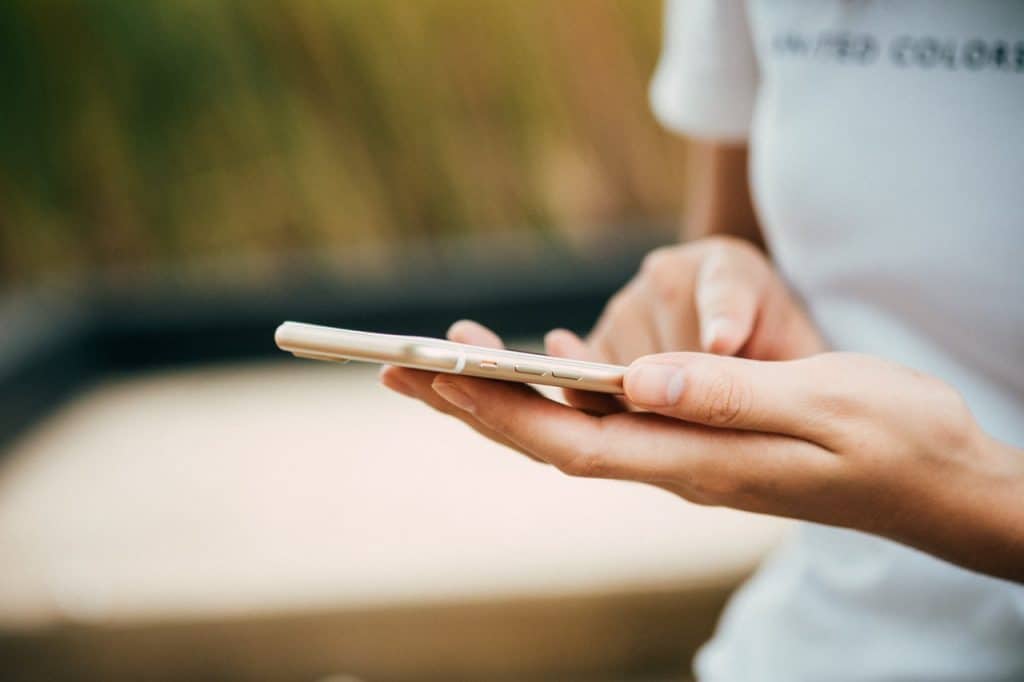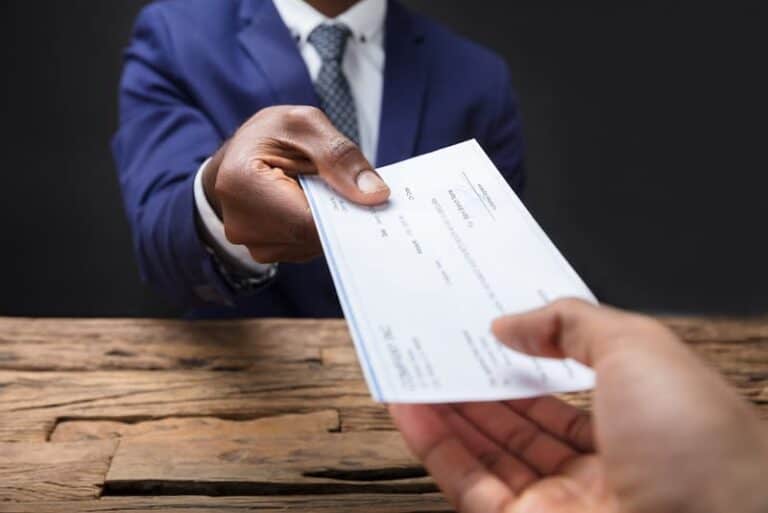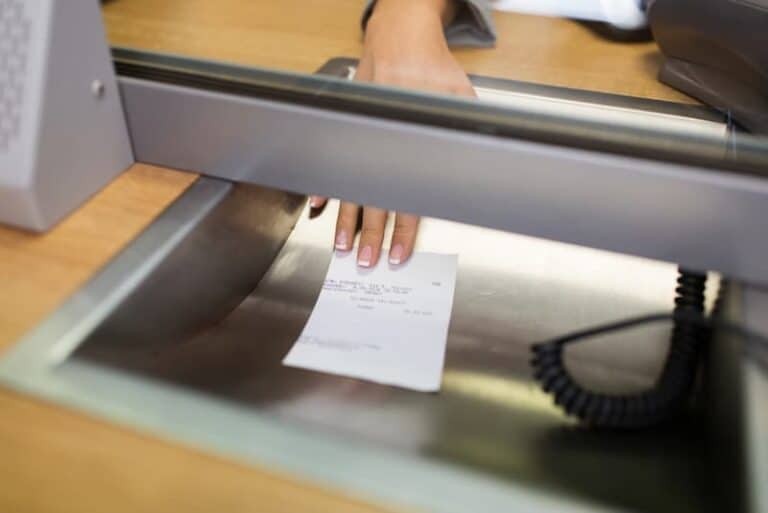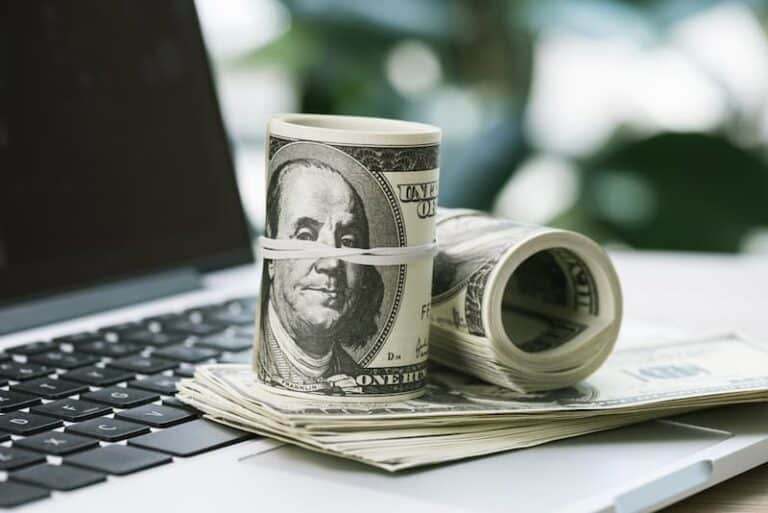With so many new cell phone models coming out every year, you may be wondering if it’s actually worth leasing a phone vs buying it.
This is especially the case if you tend to stick to the cycle of buying a new phone every two years – or even more frequently. As you get a new one, you’ve probably found yourself putting your old phone in a drawer “in case you need it one day”.
Meaning that something that cost you up to (or more than) $1,000 not that long ago is now gathering dust somewhere in your home.
This is why some people consider leasing a phone instead, as a way to make it easier to upgrade to a newer model more frequently.
But as we’ll see, this might not make the most sense financially.
Pros and cons of leasing a phone
Pros
Cons
How do cell phone leases work?
Cell phone leases are fairly straightforward. How they work is that you pay a fee every month to a cell phone carrier for a certain period of time. During that period, you’ll be given a phone to use by the carrier, usually with the option to upgrade to a new phone every 12 to 18 months.
At the end of the leasing period, you’ll generally have a few options that include:
- Upgrade your leased phone – If you haven’t done so already during the term of the lease, you can hand your phone back in and upgrade to a new one. This will involve signing on for a new lease though.
- Buy the phone – Most carriers that offer phone leasing give you the option to pay a bit extra at the end of the term and buy the phone outright.
- Continue leasing – You can stay on the same contract in some cases, although it’s a good idea to check whether this is the best option compared to the others. In particular, keep in mind that the money you continue to pay won’t go towards any sort of lease-to-own arrangement, which may be better after having been on the contract for more than two years.
Do I own my phone after lease?
In most phone leases, you won’t automatically own your phone once the lease is up.
This is one of the main reasons that the monthly fee on a phone lease is less than a normal cell phone plan instalment. In the case of the latter, you’ll own the phone at the end but may not have an option to upgrade for free during the contract term.
However, some carriers that provide for phone leasing allow you to pay an extra fee at the end of the lease if you want to own the phone, which is usually based on the market value of the phone at that point.
Where can I get a cell phone that’s lease-to-own?
Each carrier that offers phone leasing will have different conditions on how to own the phone at the end of the lease, so it’s worth doing your research on which ones offer lease-to-own – and, importantly, for how much.
Sprint, for example, offers this. Your phone lease will include a Purchase Option amount, so you’ll know upfront how much this could cost at the end of your lease.
Related: How to Drastically Cut Expenses: 43 Easy Ways That Actually Work
Can you pay off a phone lease early?
Whether or not you can pay off a phone lease early will depend on the terms of the lease. In most cases, however, there will be an early termination fee. At the very least, you’ll likely be required to pay the remaining lease payments.
Early termination fees can be pretty steep, often being hundreds of dollars, not to mention the added cost of paying for leasing a phone that you’ll no longer actually have.
All this means that if you think there’s any chance you won’t want to stick with your phone lease for the full term, think long and hard about whether you really want to sign up for it and take the risk.
You may also be interested in: Why Living Stingy Could Be The Key To Achieving All Your Financial Goals
What’s the difference between leasing and financing a phone?
Financing a phone generally refers to when you make monthly payments that ultimately total the actual cost of the phone. Once you’ve made all of your payments, you’ll own the device outright.
The difference between leasing and financing a phone has been blurred in recent years, with some financing agreements allowing phone upgrades during the life of the contract. In those cases, this may be treated by the carrier as if you’re “reset” the amount you’re paying towards owning the phone when you upgrade.

That is, the payments you’ve made to date won’t go towards you owning your new, upgraded phone. This means that those initial payments will basically be treated as if you were leasing throughout that period.
As always, check the fine print and make sure you fully understand what you’re signing on to, particularly regarding the payment commitments.
Do you need good credit to lease a phone?
Leasing a phone is still a credit arrangement, much like any other debt repayment obligations you may have. This means, as with similar cases, you’ll tend to get a better deal if you have better credit.
That said, you don’t necessarily need good credit to lease a phone, although it certainly doesn’t hurt. Some carriers do, however, offer options for those who may not have good credit.
It’s also worth noting that, much like a credit card, how you manage your phone lease can impact your credit score, both positively and negatively. Are you making your repayments on time in full? This can help your score go up.
The opposite is true too though: if you’re late or miss a payment, be prepared for your credit score to take a hit.
How can I lease a phone with bad credit?
The easiest way to lease a phone if you have bad credit is to look at the offers outlined below where you can lease a cell phone with no credit check.
This is simply because there are more of them. That said, in a few cases, you can get a slightly better deal if you have bad credit compared to signing up for a deal that requires no credit check at all.
For example, Gazelle has a range of deals for those who have bad credit, as well as some who don’t want a credit check done, with the former generally saving a bit of money compared to the latter as well as the option of having a shorter term.
It’s worth noting that Gazelle is a site offering refurbished cell phones rather than brand new ones, so can be a good place for you to buy a phone outright if you don’t need the absolute newest model out there.
(It’s also a great option for anyone looking to sell their existing phone.)
Related: How to Live Cheap: 54 Frugal Living Tips to Save You Money
Can you lease a cell phone with no credit check?
Some carriers offer this, although there are other pre-conditions you’ll have to meet.
For example, T-Mobile’s Smartphone Equality is marketed as a reward for loyal customers. What this means in practice is that if you’re on one of their other contracts listed on that page, you’ll be able to lease a phone with no credit check.
However, this is subject to you having made all repayments on your existing contract on time for the previous 12 months. If you miss even one, you’ll be reset to zero for the purposes of accessing the Smartphone Equality offer.

Another carrier that offers this is Cricket Wireless. While they don’t require a credit check for this, you do have to have a credit or debit card in order to qualify, as well as a checking account.
You’ll have the option of leasing up to five phones on a lease-to-own basis, with the first phone having to cost at least $149.99
Is leasing a phone worth it?
Leasing a phone is really only worth it if you feel that you absolutely need to get a new phone every 12 months or so.
The fact that you’re going to end up paying close to the value of the phone just to lease it, but not necessarily get to own the phone in the end, is obviously not a good deal from a financial point of view.
You’ll also be locked in to using one network at least for the term of the lease, if not even longer if the deal for buying the phone at the end of the lease includes remaining locked to that carrier. This means that you may not be getting the best value deal based on your actual phone usage.
You’ll also have the issue of having to continue paying for the lease even if you lose or break the phone, unless you have insurance to cover this – which costs money too.
What’s better: leasing a phone vs buying vs financing?
In general, from a purely financial perspective, you’re going to save the most money if you buy your phone outright. That said, there are some questions worth asking yourself before deciding whether leasing a phone vs buying vs financing it is the better option for you.
When is buying a phone better?
Buying a phone outright is the best option if you’re simply looking to have the best phone for the least amount of money overall.
In particular, by not locking yourself to one network, as is usually the case when you pay in full, you’ll be able to take advantage of the far better deals that this opens up for you.
One of the cheapest around is easily Republic Wireless. For just $15 per month or $150 per year, you’ll get unlimited talk and text. You can then increase the amount of data by $5 per GB if you need it each month – meaning you don’t pay for anything you don’t actually need to use.
Republic Wireless
Our pick: Best prepaid phone plans
This is clearly far, far less than you’d pay on a 24 month contract with some of the larger carriers.
Another advantage of buying outright is the reassurance of knowing you don’t owe any money to anyone for your phone. Beyond paying for your actual usage, you’ll know that the phone is yours, free and clear of any other obligations.
Finally, if you find yourself traveling overseas from time to time, being locked to one carrier if you finance or lease a phone may cause you problems if you like to switch out your SIM card to a local prepaid one. Buying a phone upfront, however, won’t make this an issue.
Related: Where in the World is the Cheapest Way to Live?
When is financing a phone better?
Financing a phone often simply involves splitting the total cost of the device into monthly payments. As this usually involves 0% interest, you’ll be paying the same as if you bought the phone upfront, just with longer to pay it off.
This has an advantage in that you can then use that money for other things, such as paying off debt, with no added cost to the price of your phone in the end.
That said, there’s a red flag here in that this method often involves people paying more for their phone than they would have if they’d simply bought it. For example, a $1,000 phone may seem way too much for someone. But converting this to $42 monthly payments over 24 months suddenly sounds much more reasonable.
Before you know it, you’re paying hundreds of dollars more than you would have otherwise paid.
As such, if you’re considering financing your phone instead of buying it outright, do the math to make sure you’re not accidentally committing to more than you’re comfortable with.
When is leasing a phone better?
Leasing a phone is only really a good idea for those who want a new phone more frequently.
If you want the newest device simply for bragging rights, you may want to reconsider whether you really, truly need this. After all, while showing off your flashy new phone may be fun for a while, it could easily cost you $1,000 more than simply buying the phone yourself.
That said, there are some people who like to get new phones for security reasons and it’s true that older phones in particular can be exploited by hackers. However, patches for issues are frequently rolled out with software updates for both iOS and Android devices and these always work for phones that are at least four years old.

While having a phone older than that may leave it vulnerable, it’s questionable whether this is a valid reason to pay the extra cost of getting a new phone every year.
One very limited example of when leasing a phone may be better is if you’re moving to a country where you know you’ll only stay for a year or so and, for some reason, your existing phone doesn’t work there.
While you could buy a phone that works in both countries, you may not want to give up your existing phone just yet. In that case, finding a very short term lease may do the job.
However, this is much rarer these days, with the vast majority of phones working all over the world. Also, if this is a problem that you find yourself facing, a cheaper option may be to simply buy a secondhand or refurbished phone rather than having a brand new one for the period you’re in the other country.
Final thoughts on leasing a phone
As with any financial commitment, think long and hard before signing on to lease a phone.
It’s a hard argument to make that you actually need a phone as frequently as leasing one allows you to do. For most people, this is going to be more of a “want” than an actual need in your life.
And given that financing your new phone or, better yet, buying it outright can save you literally more than $1,000, it’s definitely worthwhile aiming for this instead.
That said, if you do choose to lease a phone, make sure you read the fine print as well as doing the math on how much the contract will really cost, including if you change your mind or if something happens to your device.
Signing on for lease-to-own has the obvious benefit of allowing you to own the phone yourself at the end of the contract, but check the calculations to see if the added cost is worth it for you.
Remember that leasing a phone is similar to any other debt obligation and should be treated as such. Much like you’d always pay your credit card on time (…right?), so too should you do the same with your lease repayments to avoid getting into financial trouble.
Even if it may cost you more in the end, at least your credit score will thank you for it.






